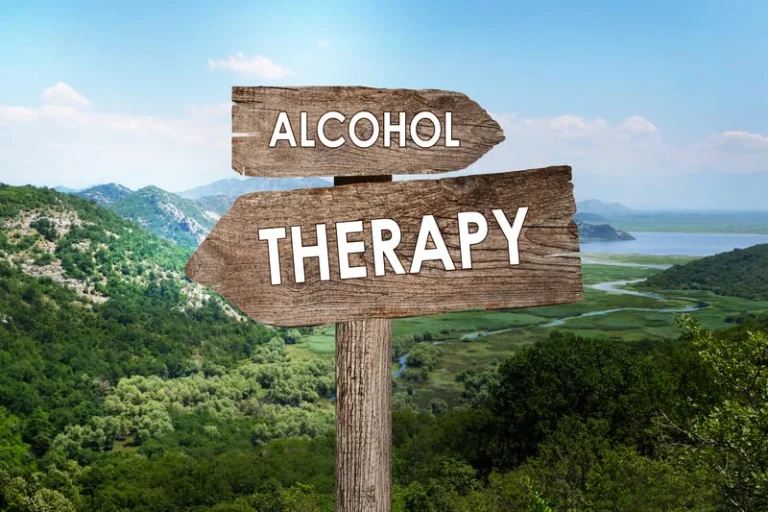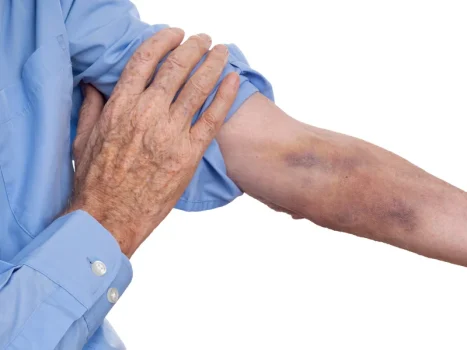Taking caffeine along with medications that also slow blood clotting might increase the risk of bruising and bleeding. People taking blood thinners are cautioned against drinking alcohol, but research has found that it is generally safe when done so infrequently and in moderation. Speak to a healthcare provider before drinking alcohol while on blood thinners. Over time, excessive alcohol use can lead to an increased risk for cardiovascular events, such as a heart attack or stroke, because of the ways it affects the blood and circulatory system.
- Of course, healthcare professionals are here to assist and support you along the way.
- The easiest way to lookup drug information, identify pills, check interactions and set up your own personal medication records.
- If you need to take another medication, such as an antibiotic, discuss the safest options with your physician.
- But it’s a topic you should talk about with yours when you have deep vein thrombosis.
How does alcohol consumption affect my high cholesterol or risk of other cardiovascular issues?
First, the study of naturally occurring xylitol in people’s blood was observational and can show only an association between the sugar alcohol and heart risk. It does not show that xylitol caused the higher incidence of heart attack, stroke or death. Though they occur naturally in some foods and are made by your body, the levels present are vanishingly small. Most sugar alcohols found in packaged foods are manmade and manufactured.
Can you eat eggs while on warfarin?
The process of blood clotting is very complex, with multiple chains of chemical reactions called the “clotting cascade” that must occur to develop a blood clot. Blood thinners slow parts of this process, making blood clots form more slowly. This helps prevent blood clots from lodging in the heart, causing a heart attack; in the brain, causing a stroke; or in the lungs, causing a pulmonary embolism. Blood thinners are medications that slow your body’s ability to coagulate blood, making your blood less likely to form blood clots. These medications are intended to treat blood clots in people who have them or reduce the risk of them forming. Blood thinners do not actually reduce the size of existing clots, but they can enhance the body’s natural process for eliminating unhealthy blood clots.

Medical Marijuana: Facts about cannabis, THC, and CBD
Other medications, food and alcohol can change the way blood thinners work, and a blood thinner can change the way other medications work. For example, foods that are high in vitamin K can work against warfarin, but not other blood thinners. Addiction Resource is an educational platform for sharing and disseminating information about addiction and substance abuse recovery centers. Addiction Resource is not a healthcare provider, nor does it claim to offer sound medical advice to anyone. Addiction Resource does not favor or support any specific recovery center, nor do we claim to ensure the quality, validity, or effectiveness of any particular treatment center. No one should assume the information provided on Addiction Resource as authoritative and should always defer to the advice and care provided by a medical doctor.


Limit alcohol consumption, drugs and herbal supplements that can counteract warfarin and other blood thinners. While supplements and homeopathic medicines may be labeled “natural,” they can still potentially have serious side effects or cause an allergic reaction. Taking these substances while also taking prescription blood thinners can increase your risk of bleeding. In general, combining blood thinners with other drugs that cause bleeding further increases a person’s risk of bleeding. Blood thinners act on different parts of the clotting pathway that can lead to blood clots.
Find more top doctors on
Eggs are not a problem for those who are taking Coumadin® (warfarin). They have no Vitamin K and should not interact with your medication. Likewise, the USDA database reports that there is essentially no Vitamin K in liquid egg substitute like Egg Beaters. Call your doctor blood thinners and alcohol right away if you have any unexplained bleeding or bruising, nausea or vomiting, blood in your urine or stools, headache, dizziness, or weakness. Because research suggests that alcohol may thin the blood, people need to avoid consuming any before undergoing surgery.
- We also discuss the side effects and risks of taking blood thinners.
- Alcohol affects how well your blood clots, potentially negating the effects of the blood thinners or increasing them to a dangerous level.
- Doctors use specific blood thinners that block factors that cause blood clots.
- That could be very dangerous, especially if you hit your head.
- Did you know that alcohol is the third-leading preventable cause of death in the United States?
- While Slavin found the study interesting and cause for some concern, she noted that sugar alcohols are expensive and are generally used in very small amounts in gum and sugar-free candies.
Although alcohol reduces blood clotting, it should never be used as a replacement for anticoagulants. Despite often being referred to as “blood thinners,” these medications do not actually thin the blood. Blood thinners are crucial in preventing and treating various cardiovascular and circulatory conditions. There are two main types of medications — anticoagulants and antiplatelets — a doctor may recommend depending on the reason for needing them. Eliquis is a common blood thinner that does not require routine blood tests like some anticoagulants do.
Effects on Clotting Factors
- Doctors warn people who are taking Aggrenox to moderate their alcohol consumption.
- Unsurprisingly, the main side effect of blood thinners is bleeding.
- Lee is an Ohio-based board-certified physician specializing in cardiovascular diseases and internal medicine.
- Coumadin is one of the most commonly used blood thinners in the U.S., but it carries a 3% to 6% risk of major bleeding.
